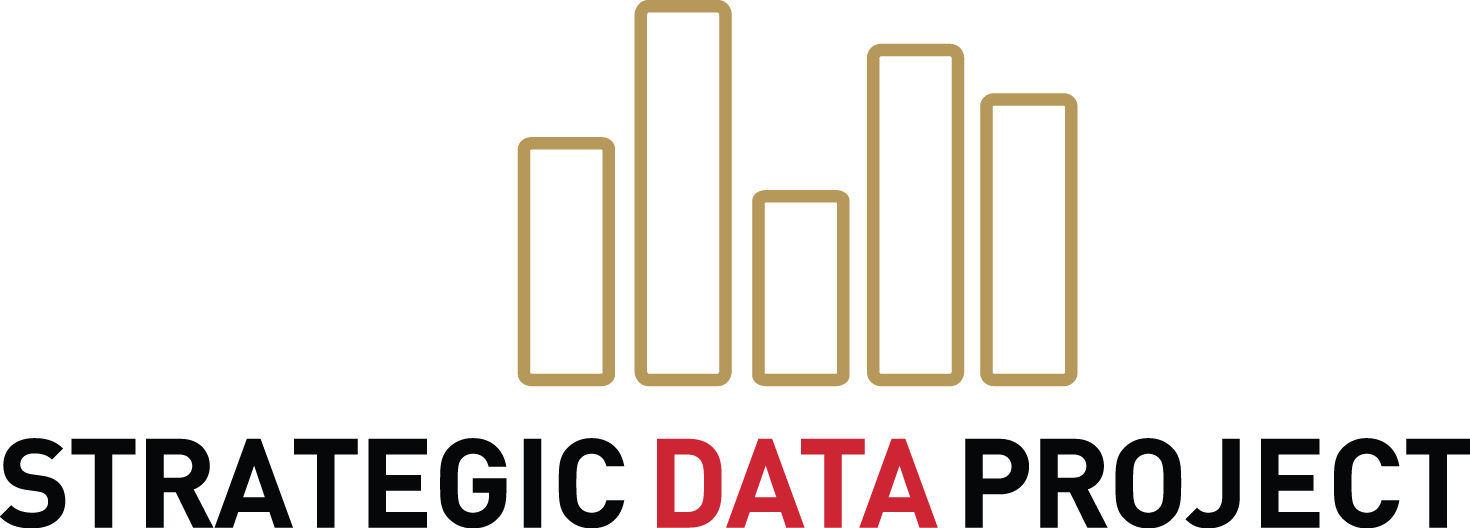 “Our systems ultimately should reflect the desires of the tribal colleges and the students that they represent.” - Dr. Darius D. Taylor
“Our systems ultimately should reflect the desires of the tribal colleges and the students that they represent.” - Dr. Darius D. Taylor
What can colleges and universities do to support American Indian or Alaskan Native (AIAN) students to succeed? It’s hard to know, because detailed higher-education data for AIAN is typically hard to come by. At most collegiate institutions, AIAN students account for less than 1 percent of enrollment—smaller than a reportable sample size, so data related to their performance is obscured by an asterisk.
This is not the case, however, at Tribal Colleges and Universities (TCUs), which enroll about 24,000 students nationwide, 80 percent of whom identify as AIAN. At these institutions, the nuanced backgrounds and performance of AIAN students are in sharp relief. The attendant data that these institutions collect can provide a detailed picture of the backgrounds, coursework, and challenges that students encounter as they navigate the often long journey to a degree.
To realize that potential, these data need to be collected, reported, and shared for common cause—while also respecting and upholding the unique cultural contexts and the values of the tribal communities they serve. The American Indian Higher Education Consortium (AIHEC), a nonprofit agency founded by TCU leaders to advance shared institutional needs, has taken on that mission as part of its overall strategic plan to advance AIAN student success at the systems level.
“We want to make sure that folks have the data they need to speak to the unique value of tribal colleges and universities,” said SDP Fellow Dr. Darius D. Taylor, AIHEC’s Director of Equity, Education Innovation, and Research. “To do that, we need to become better knowledge stewards, collaborate more effectively across our historically siloed business units, and give data access and capacity to the tribal colleges and institutions.”
A Unique Data Set
TCUs date back to 1968, when the Navajo Nation opened the first tribally controlled and accredited collegiate institution on tribal lands that abut Arizona, New Mexico, and Utah. Now known as Diné College, the school is one of three dozen accredited TCUs today. Altogether, these schools operate more than 90 campuses and serve students from more than 250 federally recognized tribes.
AIHEC was launched in 1973 with philanthropic support; today, the organization is funded by federal grants and budget appropriations, as well as foundation funding. With these many sources of support, the organization has a diverse array of data-reporting requirements. In addition, since 2004 AIHEC has published the American Indian Measures of Success, a detailed set of qualitative and quantitative data covering costs, enrollment and retention, remediation, and degree paths.
For many years, these data were not centrally housed or broadly shared. A leading value of respecting tribal sovereignty served to prioritize an individual tribe or institution’s ownership of its own data, while an internal lack of capacity combined with frequent calls for data reporting hampered a comprehensive effort to centrally manage data and share knowledge.
Starting in 2021, the SDP Fellow Dr. Taylor, together with AIHEC fellows and supervisors Katherine Cardell, Daphne Littlebear, and Erica Moore, focused on conceiving and building central knowledge-management practices from the ground up, in support of a broader research agenda that could yield insights by looking across institutions. The work was part of the organization’s “Intermediaries at Scale” grant funded by the Bill & Melinda Gates Foundation.
The SDP Fellow pursued four major goals in his work: establishing a knowledge-management working group, creating set of guiding principles for data work, leading focus-group discussions on the role of data at AIHEC, and developing and administering a data skills inventory for all AIHEC departments. All four strands were “data work as people work,” Dr. Taylor reflected. They also were shaped and changed by the “cultural wisdom of American Indian teachings,” he said.
“As we develop a research agenda, it must take into account historical principles of research and respect for community-based participatory research,” he said. “It cannot be extractive, but must include our working closely with the community.”
For example, the working group followed the “Three Sisters” indigenous collaborative framework and was renamed the Knowledge Stewardship Collaborative, to better reflect the core values of ethical data sovereignty, governance, and stewardship. Then, the group’s guiding principles were developed to total seven, which is a sacred number in tribal teachings.
The SDP Fellow then administered a data skills inventory of various departments at AIHEC, which revealed a deep bench of data analysis skills and lived commitment to tribal sovereignty, but no consistency in data management or governance. Dr. Taylor then developed a protocol for focus-group discussions about the current American Indian Measures of Success reports, including how they could be more helpful to TCUs and other partners.
As a result of this work, Dr. Taylor was hired by AIHEC to continue these efforts beyond the SDP fellowship. The organization is currently redesigning the American Indian Measures of Success data-collection work and reporting, and the Knowledge Stewardship Collaborative has become an ongoing platform to discuss research projects and principles.
Lessons Learned
In reflecting on these efforts, Dr. Taylor noted that organizational change takes time and is advanced most by careful listening. Emphasizing the usefulness of data and importance of collaboration also are key to supporting change, as is connecting these efforts to unique insights and the potential to improve learning conditions and outcomes for native students.
This is especially crucial at AIHEC, which is necessarily focused on respecting and serving indigenous cultures in their specific contexts. Using language and practices that reflect tribal principles must be a foundational practice upon which traditional data management rests.
“The idea of tribal sovereignty and data sovereignty is that all of the data collected within a particular nation belongs to that nation,” he said. “They have the autonomy and agency to decide what to do with it. . . It’s not a challenge, but a uniqueness to our data and work.”
SDP thanks the Bill and Melinda Gates Foundation for its support launching this higher education fellowship cohort.
